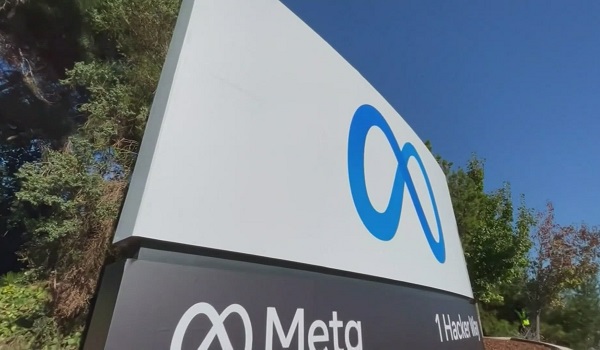Ottawa spending almost $300,000 on Facebook and Instagram campaigns, ending Meta ad boycott
The federal government has reversed its advertising boycott of Meta spending nearly $300,000 for campaigns on the company’s Facebook and Instagram social media platforms.
The reversal comes despite Meta’s continued ban on posting news from Canadian media sites.
“At a moment in time like this, where the entire country is on edge about potential tariffs, and what we’d hope would be a ‘buy Canadian’ approach, it seems they have completely reversed direction,” said Jeff Elgie, a steering committee member of the Canadian Journalism Collective, a non-profit created to distribute the funds paid to media outlets by tech companies under the Online News Act. “I think it is really unfortunate.”
The Privy Council Office in Ottawa confirmed that it resumed advertising on Meta platforms late last month, with a commitment to pay up to $100,000 to promote the government’s GST holiday, as well as paying $175,750 for a campaign by Housing, Infrastructure and Communities Canada. Another $3,500 was earmarked to recruit students for Parks Canada jobs in Quebec City.
“If Meta platforms align with campaign parameters, government departments may opt to advertise on them,” said Daniel Savoie, spokesperson for the Privy Council Office, in an email.
The advertising “does not imply endorsement of a platform’s actions or decisions,” said Savoie. “Our approach strikes a careful balance: combating disinformation, while ensuring Canadians receive accurate, essential information directly from the government.”
Savoie said the government will continue to hold social media companies “accountable, ensuring they operate responsibly and contribute fairly to Canada’s economy and culture.”
Meta declined to comment on the reversal and new campaigns.
“For many years now, the industry has been asking the federal government to make a simple commitment to spending on advertising with Canadian-based media — yet they for some reason refuse to do it,” said Elgie, who is also the CEO of Village Media, which operates a number of local news and community websites in Ontario.
“If you look at what the Ontario government did, it made a substantial difference immediately — because they were specific and direct about it,” said Elgie, of the Ontario government’s direction to government agencies to spend a minimum of 25 per cent of advertising dollars on Ontario-based publishers.
“We aren’t asking for 100 per cent from anyone — but this 25 per cent sure made a difference,” said Elgie.
Canadian media outlets have been disappearing as traditional methods of accessing news have moved online, much of it through social media sites, with advertising following suit.
The Online News Act, which the Star advocated for, was brought in to “ensure that dominant platforms compensate news businesses when their content is made available on their services,” according to the government site.
News Media Canada, an industry association that represents more than 500 publishers across Canada including the Star, called on the federal government to reverse the decision.
“At a time when Canadians are being encouraged to ‘Buy Canadian’, it is incomprehensible that the Government of Canada is doing an ad buy with Meta — a company which has ditched independent fact checkers and foments misinformation and disinformation,” said Paul Deegan, the president and CEO of News Media.
Last year two percent of all federal advertising dollars went to print publications in Canada, said Deegan, who called on the federal government to follow the provincial government’s lead in earmarking a minimum percentage of its ad spend on Ontario publishers.
Meta started phasing out Canadian news on its platforms in August of 2023, after the act came into effect in June, and the federal government announced it would boycott Meta in its campaigns that July.
“We have decided to take the necessary step of suspending all Government of Canada advertising to Facebook,” wrote then federal heritage minister Pablo Rodriguez on X at the time. “We cannot continue paying advertising dollars to Meta while they refuse to pay their fair share to Canadian news organizations.”
Google was not targeted because the company was negotiating with the government and later agreed to contribute $100 million annually to Canadian news organizations through the Canadian Journalism Collective. The Canadian Radio-television and Telecommunications Commission gave Google a five-year exemption from the act.
Elgie said he had no idea why the federal government reversed its boycott.
“This is beyond me,” said Elgie. “They should not only reverse this decision, but explain both to the industry and the Canadian public why they would choose to do this, especially during these times.”
With files from The Canadian Press
This article was first reported by The Star













